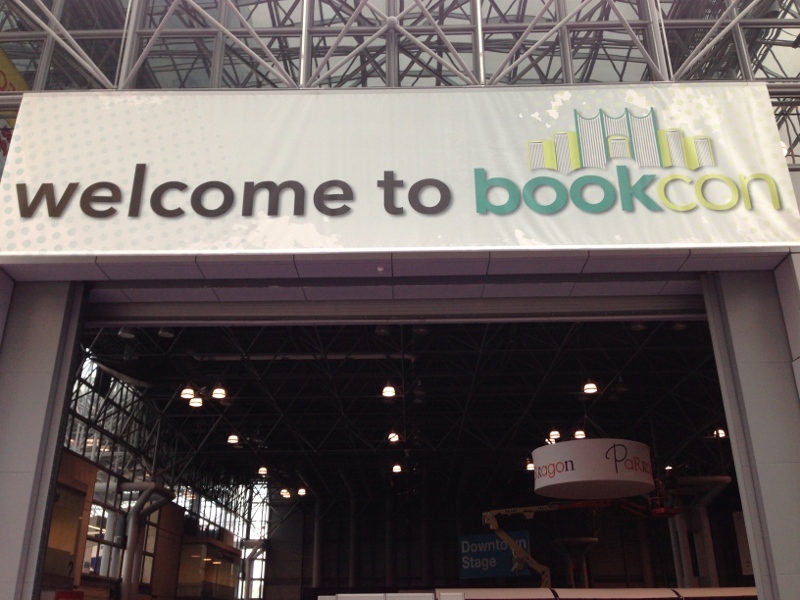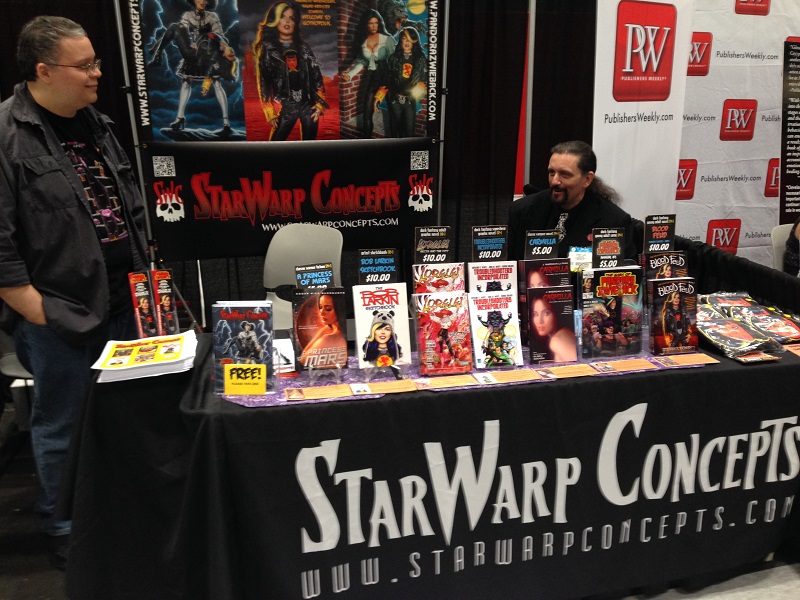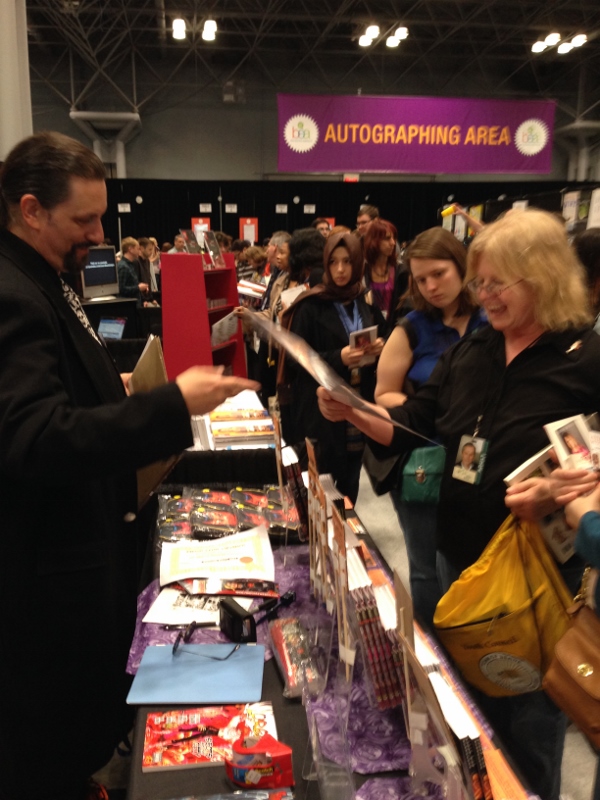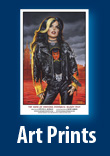
The publishing industry was stunned last week when convention organizer Reed Exhibitions announced that, effective immediately, it was putting an end to its annual trade-show gathering called BookExpo, as well as Expo’s spin-off event, BookCon.
It was the coronavirus that put the stake in the shows’ hearts, after Reed was forced to cancel BookCon and go virtual with BookExpo in June, as it would have to do with its other major show, New York Comic Con, a few months later. According to an article in Publishers Weekly, one factor in the decision to shut down was because Reed’s revenue for January to September had dropped by 70% as a result of the pandemic.
BookExpo started out in 1947 as the American Booksellers Association Convention and Trade Show, but became better known as BookExpo America when Reed purchased it in 1994, and then became just BookExpo in 2016. I attended a number of BEAs during my time as an editor for book packager Byron Preiss Visual Publications, and then as editor in chief of Byron’s ibooks, inc. publishing company. They were busy as hell, since it was a show where publishers and bookstore owners and librarians gathered to do business. Think of something the size of a major comic show—San Diego, NYCC—only attended by industry insiders and comic shop owners, with the general public excluded.
That no-outsiders-allowed rule would change, though, once Reed scored a major success with the launch of New York Comic Con in 2006. Then it simply became a matter of how long it would take for them to figure out a way to bring that NYCC madness to a sedate book show…
BookCon was that attempt at widening BookExpo to include the general public, launched in New York in 2014 and run by ReedPop, the same team responsible for coordinating NYCC. It was BEA’s younger, flashier offspring, touting appearances by big-name authors and free giveaways from the publishing houses. Ten thousand tickets sold out in short time, with the majority of attendees being teenagers from the much-sought-after young adult reading audience that had made J.K. Rowling, Suzanne Collins, John Green, and Stephanie Meyers household names.
Problem was, the BEA-attending publishers weren’t expecting or used to the frenetic atmosphere of an NYCC-style show. Post-con complaints ranged from frazzled nerves created by dealing with the hordes of outsiders, to annoyance at publishers now having to play retailer and handle cash sales, to outrage that their sample-book displays—which had always been set up as a way for booksellers and librarians to skim through a copy before deciding if they wanted to order it, and then put it back on the shelf for the next person—had been stripped bare by those same outsiders who considered them freebies. It didn’t help that the response basically boiled down to “Stop living in the past and get used to it.” Over time it became abundantly clear that RE was more interested in the fan-friendly con and less in the traditional, stodgy industry gathering.

StarWarp Concepts was at that first BookCon in 2014, with a booth manned by yours truly and author Richard C. White (with some help by friend and fellow small presser J.D. Calderon). Just weeks before the opening, Reed had created a “small publishers section” at the edge of the major publisher areas (toward the back of the Jacob K. Javits Convention Center, of course), and though the $650 small-press vendor fee for a one-day show was ludicrous to agree to, and I knew there was no way I’d ever recoup it, I thought of all the potential of reaching a wider audience and said yes.
When we arrived, I realized why the booths were such a “bargain”—they were basically spots that RE hadn’t been able to sell for Book Expo. Still, the booth came with a table and chairs (NYCC charges small pressers for a booth with neither; you have to bring your own), the turnout was great, we sold a few books, we talked to quite a few people interested in our titles, and at the end of the day, although I made nowhere near my investment, I thought, This is fun. Let’s do this again next year!

Photo by Richard C. White.
But then Reed got a swelled head from the audience response, expanded the show to two days for 2015, and charged more than double the 2014 booth cost—from $650 to $1,600. Thus BookCon 2014 became StarWarp Concepts’ first and only appearance at that venue.
SWC still had a presence at BookExpo in 2015 and 2016—I paid for display space for some titles at the Independent Book Publishers Association pavilion (we’re a member of IBPA), with the hope of getting booksellers to order them. But 2016 was our last contact with Reed’s book shows, as 2013 had become our last appearance at NYCC—it just got too expensive to be involved.
So while the book industry mourns the loss of shows it both adoringly loved and vehemently hated, we at ’Warp Central say farewell to them—and wonder if someday there’ll ever be an affordable book show we can attend…






